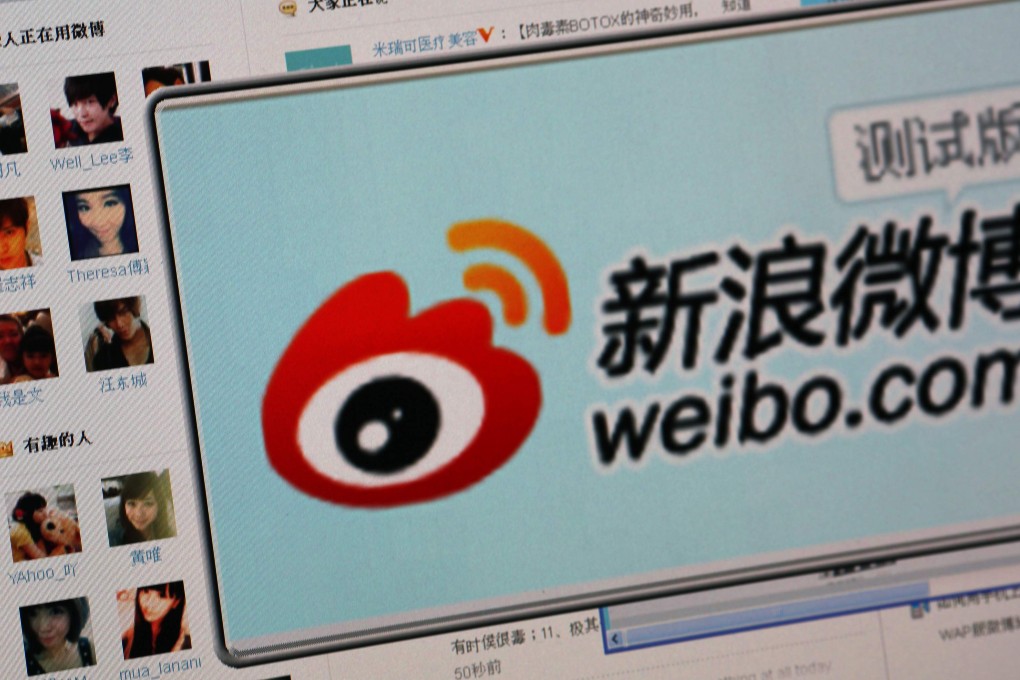Mr. Shangkong | Beijing's Weibo ban hits close to home
Suspension of accounts after the July 1 protest a worrying sign of threat to innovation, freedom

Hong Kong is apparently becoming the next Tibet or Xinjiang on Sina Weibo, China's answer to Twitter, in terms of the level of political sensitivity these days.
Politics and business can never be completely separated in this world. If someday Sina Weibo, already listed on the technology-heavy Nasdaq stock market in the United States, fails, then Beijing should be blamed for how the central government indirectly helped to kill one of the country's biggest business innovations in recent decades.
Politics and business can never be completely separated in this world
Both William and I were given no reason for why our accounts were suddenly suspended. Our account suspensions happened shortly after we posted reports and photos about the July 1 march.
Other Hong Kong Weibo users whose accounts were also suspended included many local celebrities, such as singer Anthony Wong Yiu-ming.
Interestingly, Weibo more heavily censored posts related to Hong Kong's July 1 march than posts on the other traditionally sensitive date, June 4, the anniversary of the Tiananmen Square crackdown.
An average of 70 out of every 10,000 Weibo posts made on July 1, also the anniversary of Hong Kong's handover, were quickly deleted, according to researchers at the University of Hong Kong.
